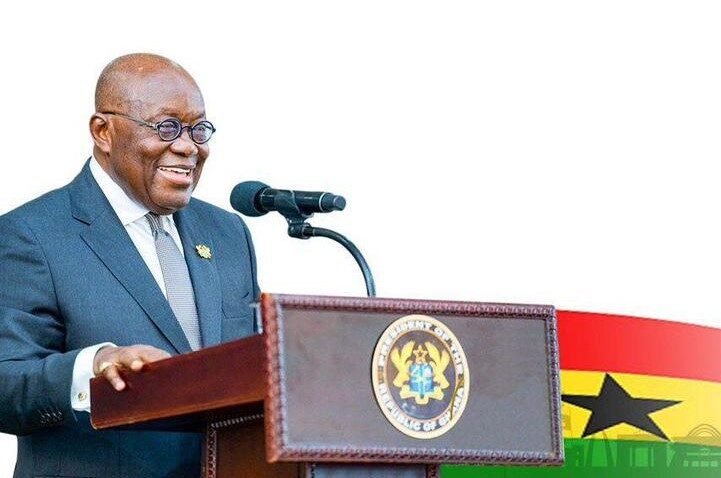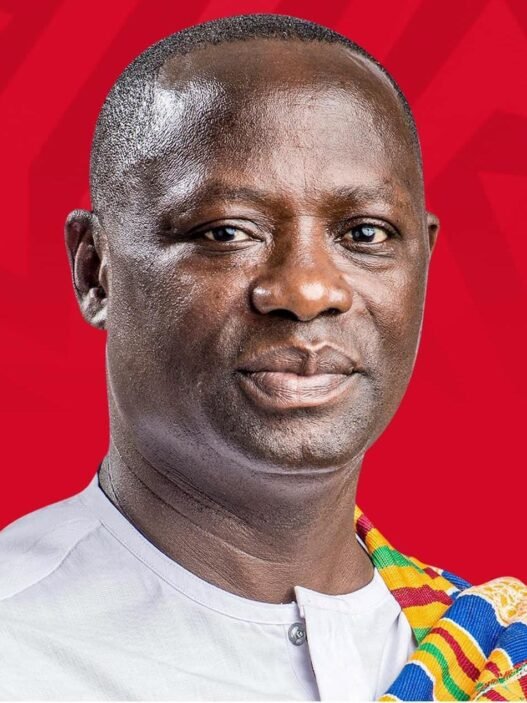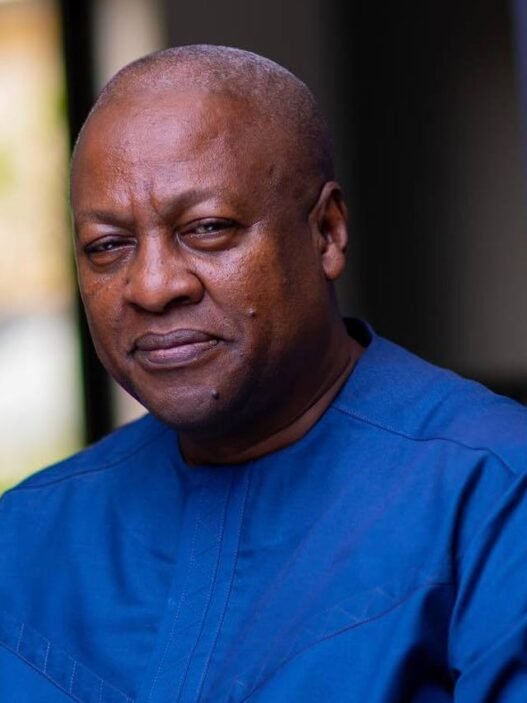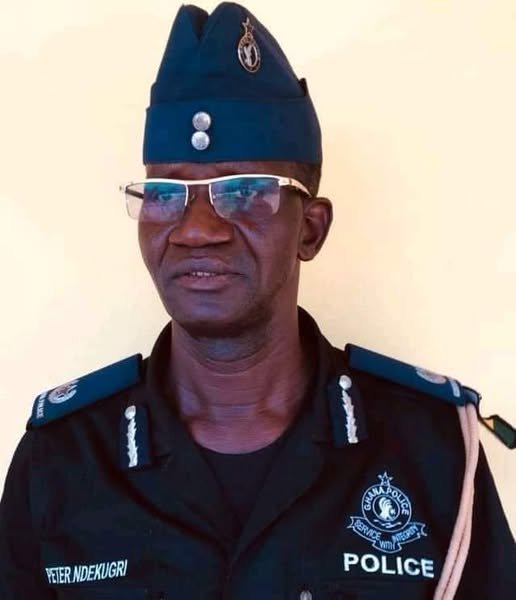President Nana Addo Dankwa Akufo-Addo delivered his final State of the Nation Address (SONA) on January 3, 2025, highlighting achievements in economic recovery, infrastructure, and social programs. However, while the outgoing administration celebrated its accomplishments, independent data and reports reveal critical gaps and challenges that paint a less optimistic picture of Ghana’s economic reality.
Economic Growth: A Tale of Contrasting Figures
President Akufo-Addo projected an impressive 6.3% growth rate for 2024, citing policies under the Post-COVID Programme for Economic Growth (PC-PEG). However:
- African Development Bank (AfDB): Estimates growth at 3.4% for 2024 and 4.3% for 2025, reflecting continued fiscal vulnerabilities .
- World Bank Reports: Ghana remains among the most debt-vulnerable economies globally due to its high reliance on external financing and limited revenue mobilization .
Public Debt: Easing the Burden but at a Cost
The President emphasized a reduction in Ghana’s debt-to-GDP ratio to 67% through the Domestic Debt Exchange Programme (DDEP) and external debt restructuring. Yet:
- Debt Restructuring: While the $4 billion debt cut offers temporary relief, deferred repayments increase future fiscal obligations .
- DDEP Consequences: Many individual bondholders, including pensioners, faced significant financial losses, eroding confidence in government debt instruments .
Inflation: A Persistent Challenge
While Akufo-Addo lauded progress in stabilizing the economy, inflation remains a pressing issue:
- Current Inflation Rate: Ghana’s inflation stood at 22.1% in December 2024, well above the Bank of Ghana’s 6-10% target range.
- Impact: Rising costs for food, fuel, and other essentials have significantly reduced household purchasing power .
Poverty and Inequality: A Growing Divide
Social interventions like Free SHS and TVET were celebrated, but poverty statistics tell a different story:
- USAID Data: The poverty rate increased to 31% in 2023, with rural areas disproportionately affected .
- Youth Unemployment: The World Bank reports youth unemployment at 13.9%, underscoring gaps in job creation efforts .
Energy Sector: Struggles Continue
The energy sector remains plagued by inefficiencies despite investments:
- Power Supply: Frequent outages disrupt businesses, with unpaid debts to Independent Power Producers (IPPs) exceeding $1 billion .
- Budget Allocation: Parliament allocated 30% of its provisional 2025 budget to settle energy sector debts, highlighting persistent fiscal burdens .
Agenda 111: Mixed Progress
The President celebrated advancements in the Agenda 111 hospital project, but challenges persist:
- Completion Rates: Only 87 out of 111 hospitals are near completion, with many projects delayed by funding shortfalls .
- Rural Access: Healthcare inequities remain, with underserved areas still lacking adequate infrastructure .
Galamsey: An Ongoing Threat
The fight against illegal mining (galamsey) has seen limited success:
- Water Pollution: Over 50% of water bodies in mining regions remain polluted, according to the Environmental Protection Agency (EPA) .
- Enforcement Failures: Weak regulatory oversight and alleged political interference have undermined anti-galamsey efforts .
Comparisons with Regional Peers
While Ghana faces economic challenges, other African countries demonstrate stronger recoveries:
- Rwanda: Recorded 6.8% GDP growth in 2024, with inflation contained at 8.2% through effective fiscal management .
- Ivory Coast: Achieved 7.1% growth, supported by diversified exports and stable public finances .
Recommendations for the Way Forward
To address these challenges, the incoming administration must focus on the following priorities:
- Boost Domestic Revenue Mobilization: Address tax evasion and improve compliance to expand Ghana’s revenue base.
- Promote Industrialization: Support local industries to reduce reliance on imports and create sustainable jobs.
- Reform Public Sector Institutions: Enhance transparency and accountability in key sectors like energy and mining.
- Expand Social Safety Nets: Provide targeted support for vulnerable populations to mitigate inflation and unemployment impacts.
Conclusion
President Nana Akufo-Addo’s final SONA highlighted key achievements but failed to adequately address Ghana’s economic and social challenges. Rising inflation, poverty, and unresolved energy sector inefficiencies present significant hurdles for the incoming administration. As Ghana moves forward, systemic reforms will be crucial to achieving sustainable development and restoring public confidence.





















